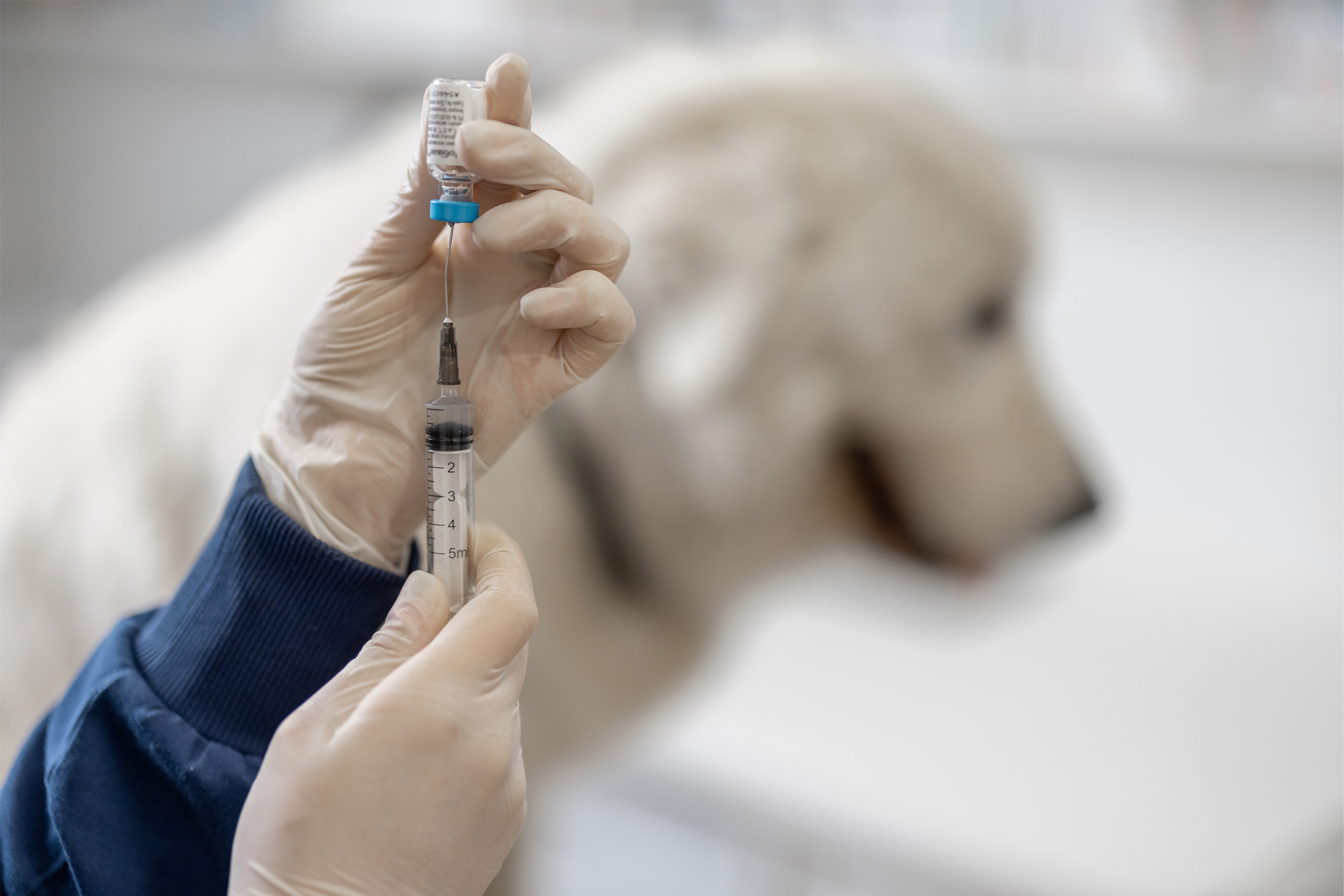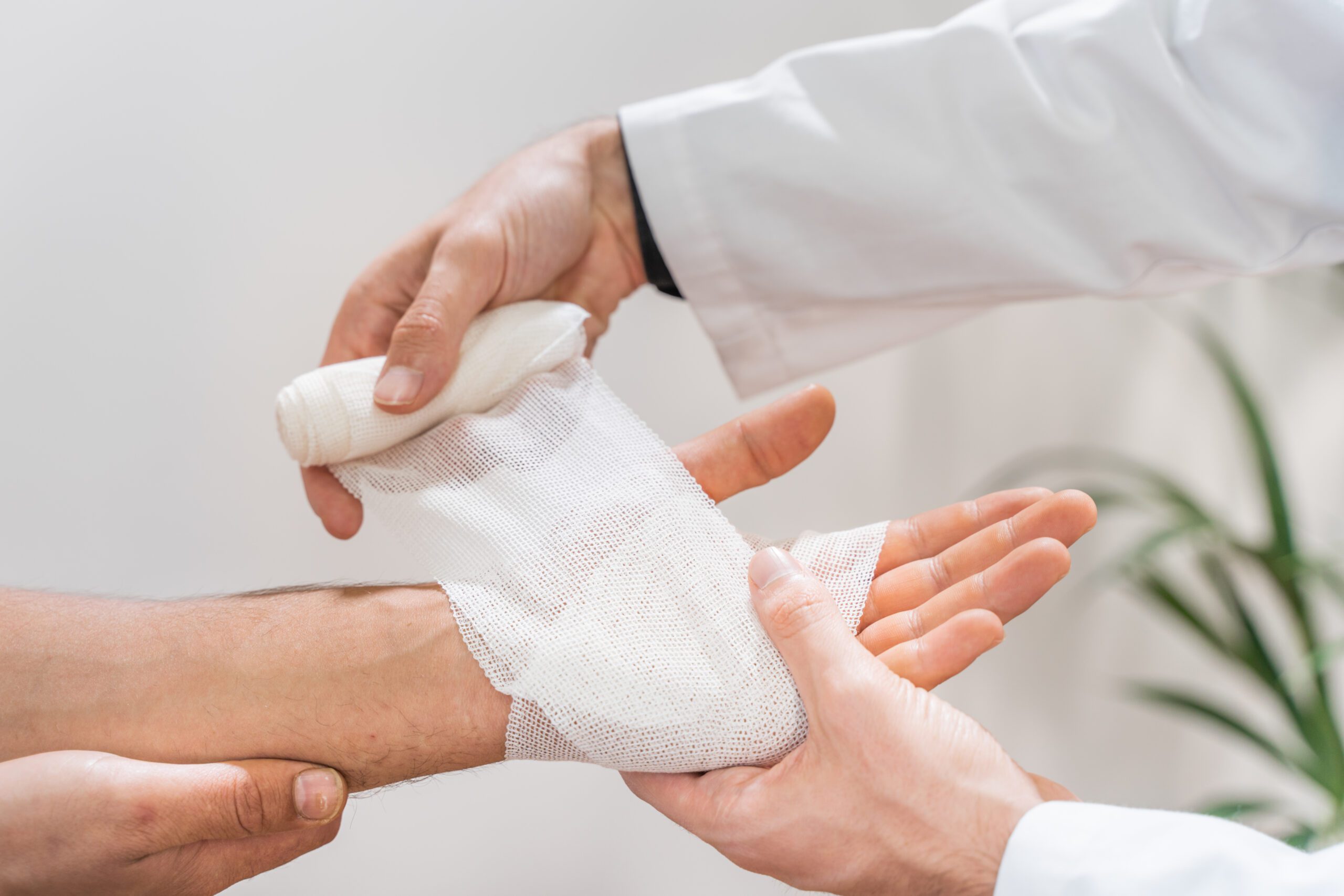![]()
If your cat has been diagnosed with diabetes, your daily life doesn’t have to be drastically altered in order to care for it. Rather, with consistent monitoring and medication administration, cats can thrive, despite their disease.
Med Lab Supply carries some
essential diabetic cat supplies to help monitor your cat’s diabetes, such as insulin syringes, glucose test strips and a glucose monitoring starter set.
Here are a few things to know as you care for your cat’s diabetes.
Insulin
Similar to humans with diabetes, insulin is an important part of managing your cat’s diabetes. Insulin injections must be administered twice a day and are injected under the cat’s skin. Each cat is different, so it’s important to consult your veterinarian for the proper dosage, frequency and type of insulin.
Up to three quarters of felines diagnosed with diabetes qualify as insulin dependent and require insulin injections immediately after diagnosis in order to control their disease. The dose of insulin may change throughout time, so consistent monitoring of the blood glucose levels will determine whether or not the insulin levels are adequate.
Monitoring the insulin and blood glucose levels isn’t the only treatment required, however. Mindfully watching your cat’s diet can also help slow the disease’s progression.
Diet
Cats with diabetes need to be on a special diet in order to ensure they’re getting the best care for their disease. This includes switching them to a diet that is high in protein and low in carbohydrates.
For many cats, this diet means having canned food rather than dry foods. Dry foods tend to be higher in starches and carbohydrates whereas canned or wet foods are much higher in their protein content.
In order to ensure the insulin is administered properly and the blood glucose levels are adequate throughout the day, it’s important to get their feeding schedule to twice a day. After they’re done eating, you’ll need to administer the insulin injection under their skin.
It’s important to connect with your veterinarian to ensure your cat’s diet is a adequate for their disease.
If your cat is obese, it is possible for diabetes to go into remission after its diet and weight is under control. While there isn’t a cure for diabetes, it can be managed successfully. With proper treatment and care, cats may require less insulin and medication after diagnosis. Consulting with your vet on your cat’s personal care will help you adequately monitor their disease and ensure a positive quality of life.
Monitor
It is possible for the cat owners to monitor their cat’s diabetes from home with a Blood Glucose Monitoring System. While blood monitoring is very important, it’s also good to be aware of your cat’s other habits and take note of any changes. Monitor her appetite, urine output, water consumption and weight. Consult your vet if you notice any strange behaviors or a change in your cat’s habits.
As you work closely with your vet, you’ll see that caring for your diabetic cat isn’t as difficult as you may have initially thought. Consistent monitoring is key to ensure your cat’s disease is in check.

 Yesenia04/25/2024
Yesenia04/25/2024 Yesenia04/21/2024
Yesenia04/21/2024

